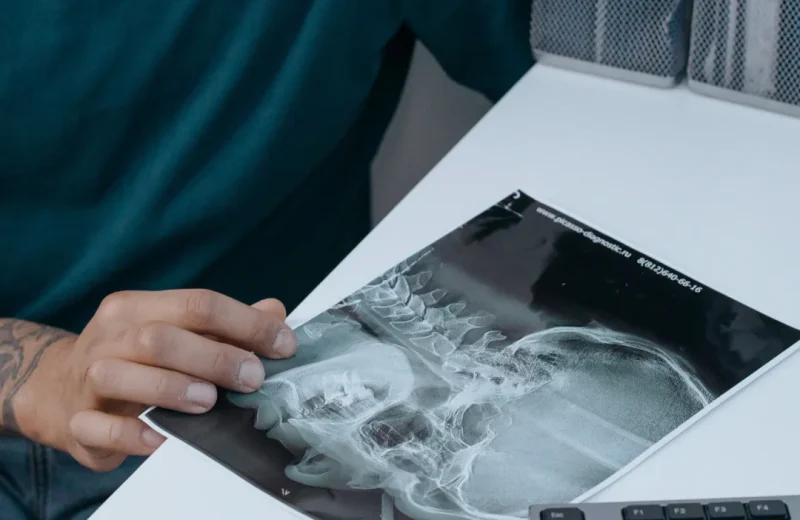
Dental trauma refers to any injury to the teeth, gums, lips, or jaw caused by accidents, sports injuries, or falls. It can result in chipped, cracked, loosened, or knocked-out teeth, as well as fractures in the jawbone or tooth roots. Immediate care is crucial to save the tooth and prevent long-term damage.
Chipped or fractured teeth
Knocked-out (avulsed) teeth
Dislodged or loosened teeth
Soft tissue injuries (gums, lips)
Jaw fractures
Chipped or fractured teeth
Knocked-out (avulsed) teeth
Dislodged (loosened) teeth
Jaw fractures
Soft tissue injuries (cuts to gums, lips, or tongue)
Pick the tooth by the crown (top), not the root
Rinse gently with clean water (don’t scrub)
Try to place it back in the socket, if possible
If not, store it in milk or saliva
Visit the dentist within 30–60 minutes for the best chance of saving it
Yes, especially if it causes pain, bleeding, or exposed nerves. Prompt treatment can prevent infection and restore function and appearance.
Treatment depends on the severity:
Minor chips: Smoothening or composite bonding
Moderate fractures: Dental crowns or veneers
Severe fractures: Root canal treatment or extraction
No, permanent teeth do not grow back. But we can restore your smile using crowns, bonding, or implants depending on the damage.
Yes, dentists trained in oral and maxillofacial care can diagnose and treat jaw fractures, often in collaboration with a surgeon, depending on severity.
It can range from mild discomfort to severe pain depending on the injury. Prompt treatment helps relieve pain and prevent complications.
We understand just how closely connected oral health is to your overall health, confidence, and appearance, and we pride ourselves on cultivating a friendly, upbeat dental environment where you can always feel comfortable in our care.